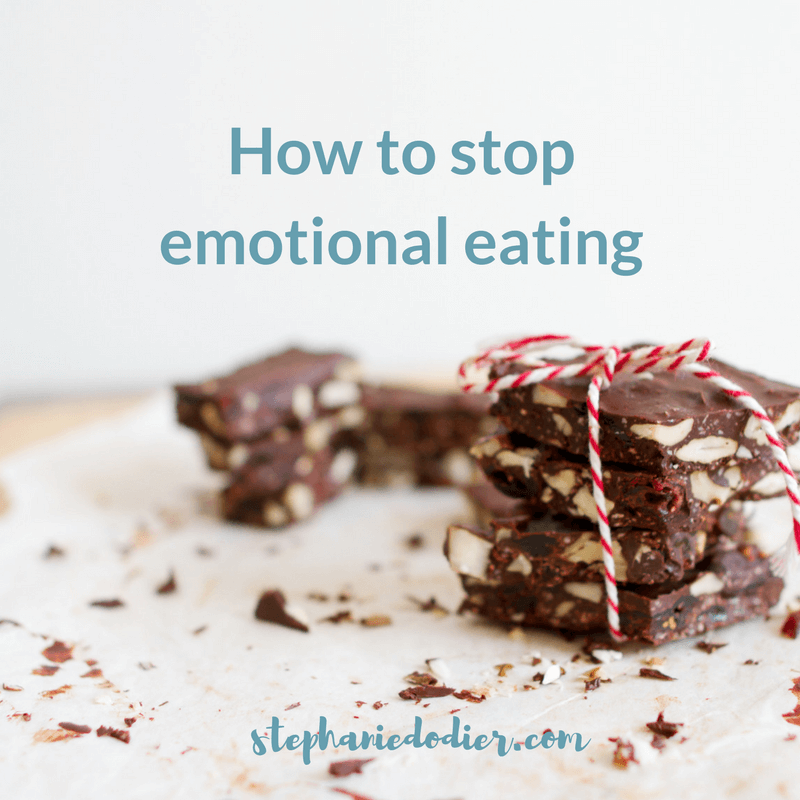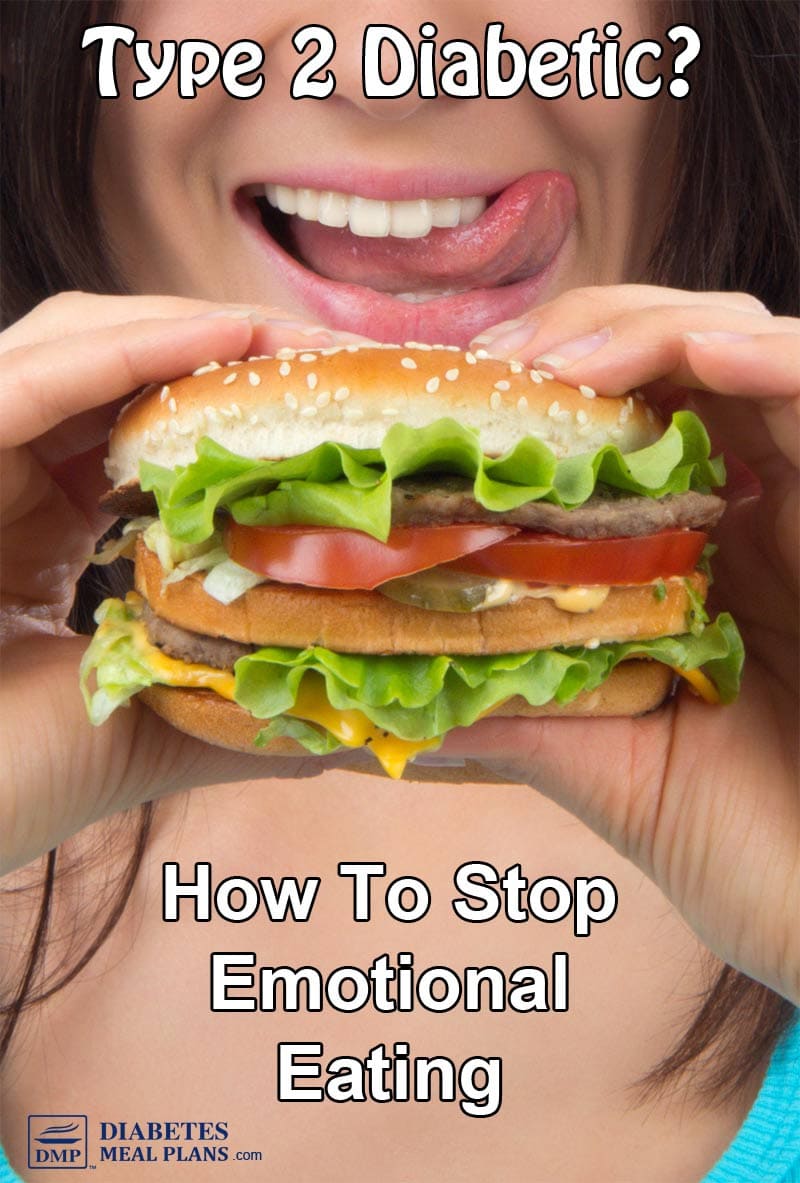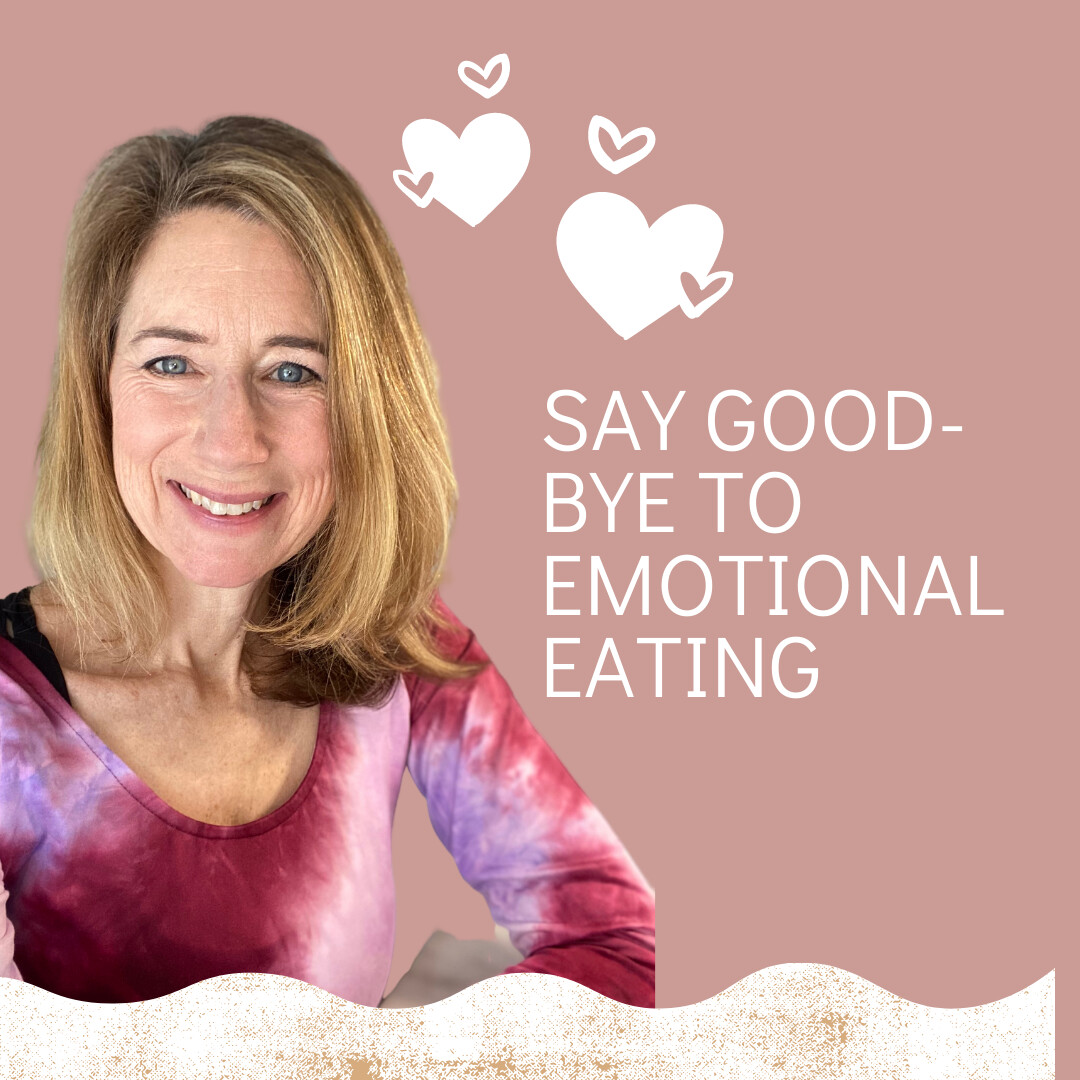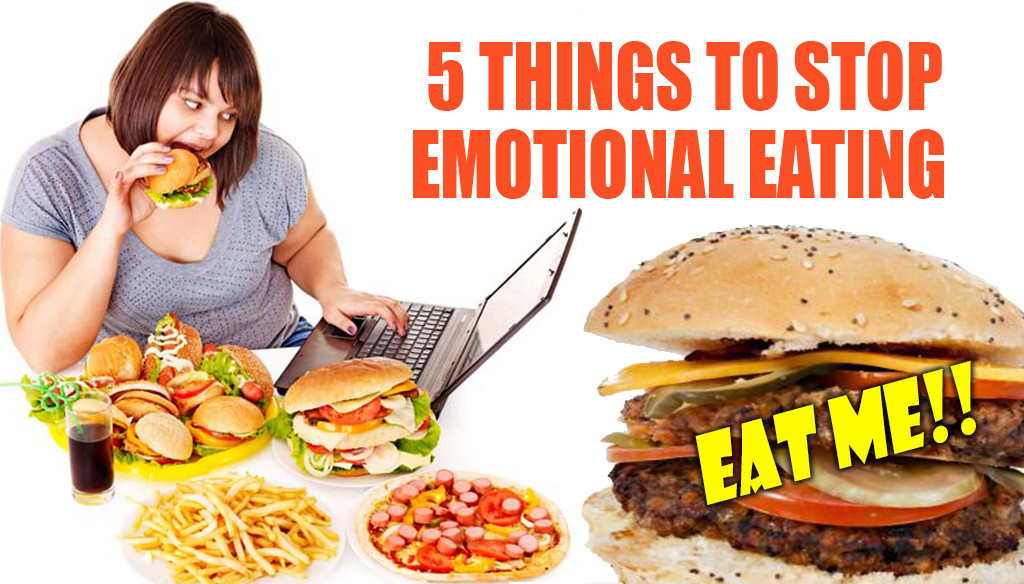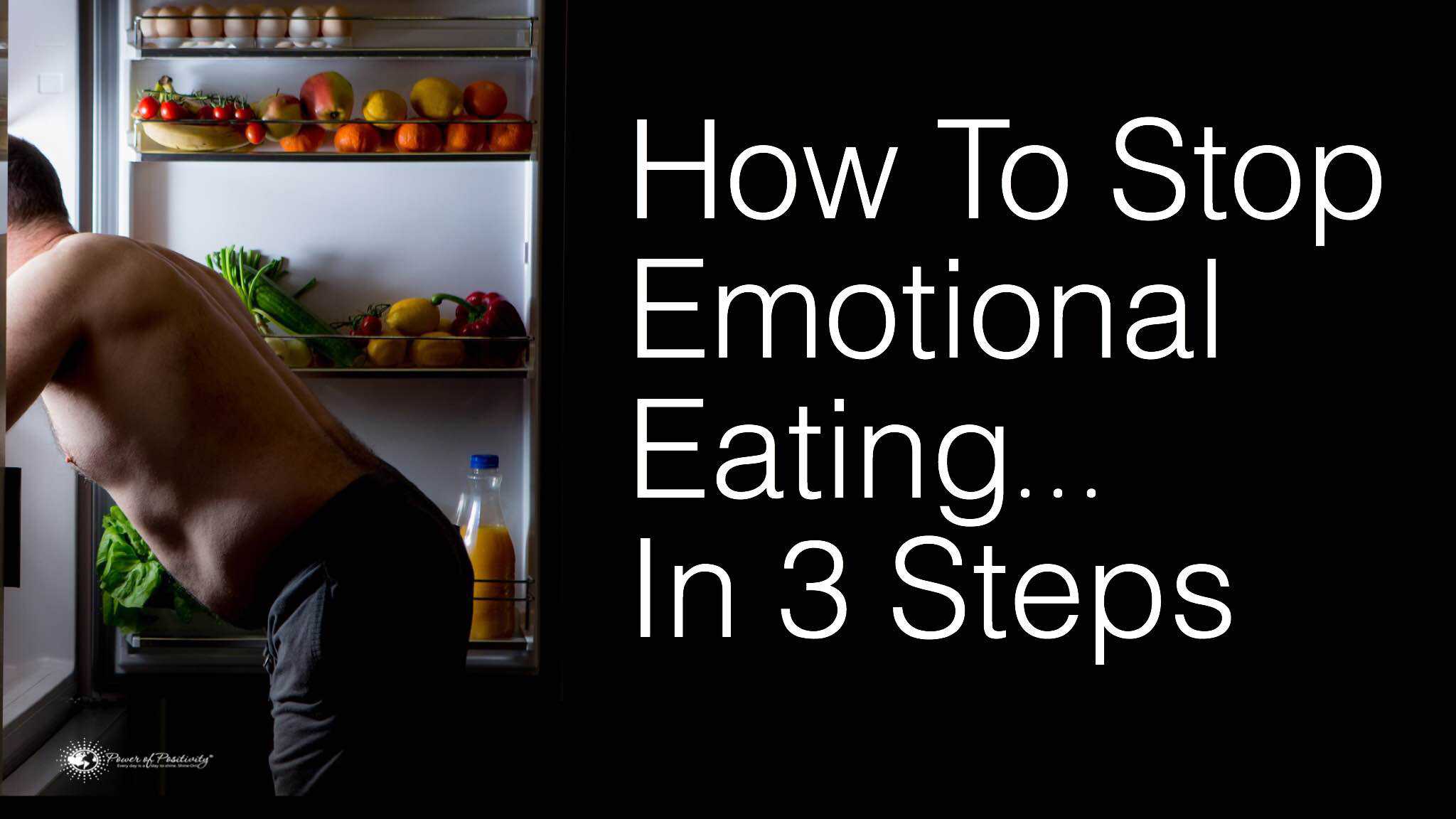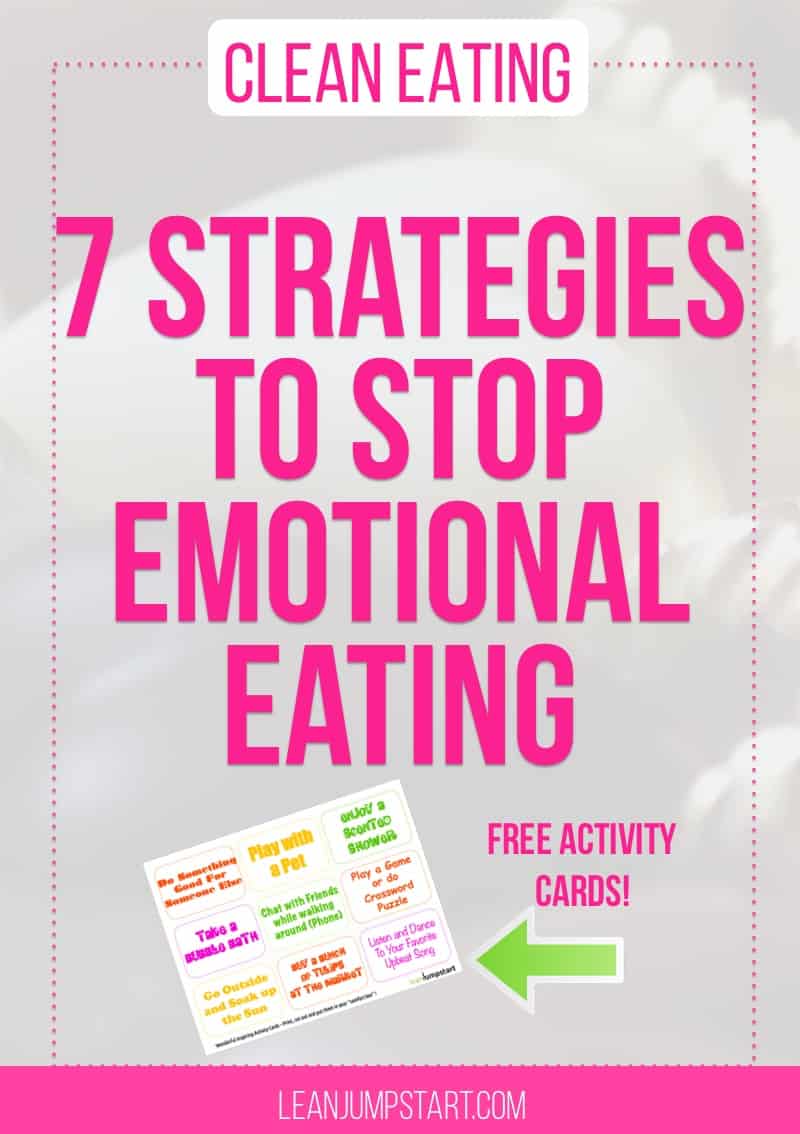Painstaking Lessons Of Tips About How To Avoid Emotional Eating
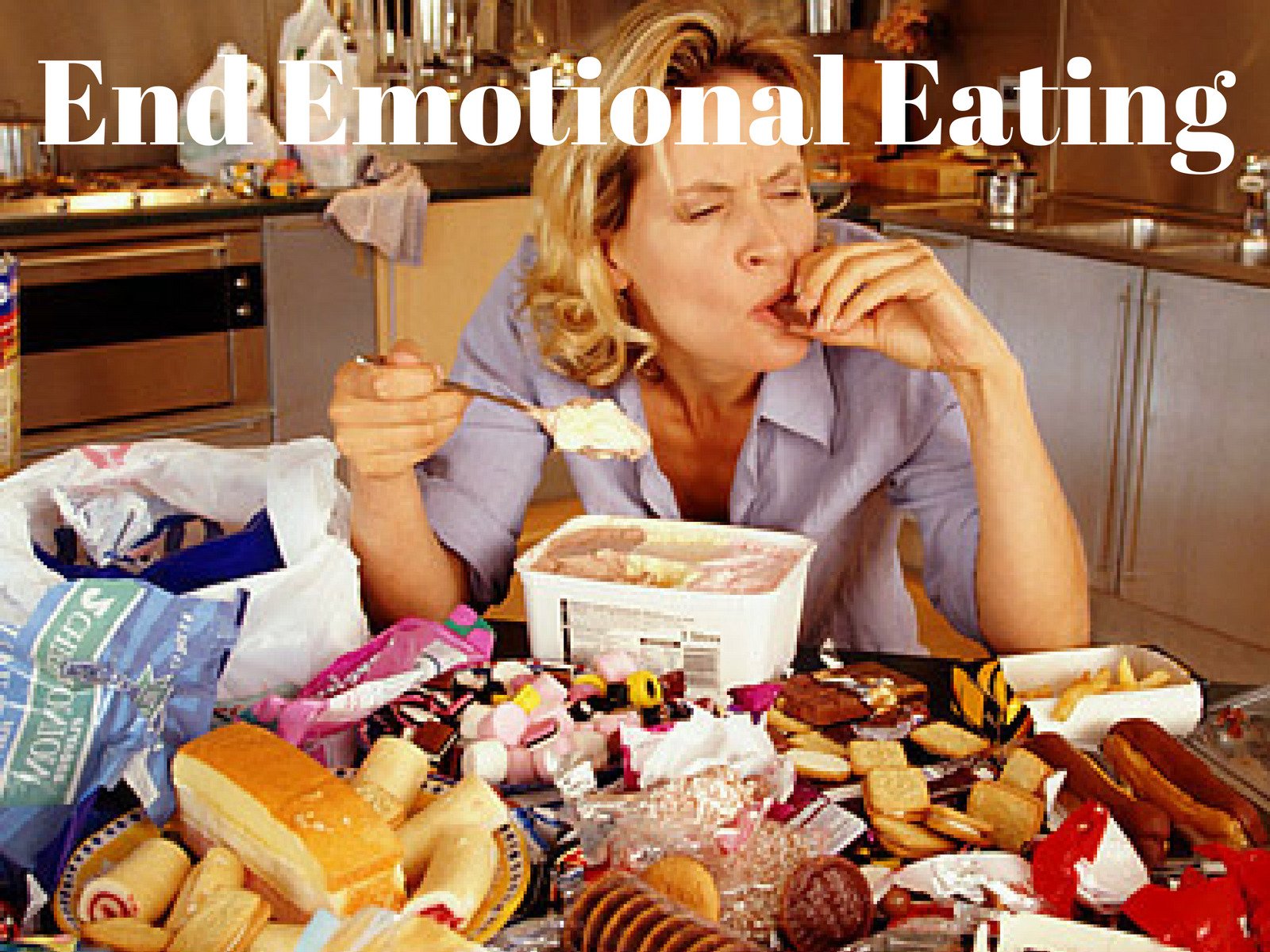
We're all guilty of eating our feelings now and then.
How to avoid emotional eating. Medically reviewed by elisabetta politi, cde, mph, rd. Emotional eating is the tendency to overeat when stressed or experiencing negative emotions. Whether compelled by an inner void, loneliness or boredom, psychoanalysis can help you understand why you seek comfort in food.
Strategies for identifying whether you’re engaging in negative emotional eating and how to stop using food as a crutch. Emotional eating is a coping mechanism some people use to deal with unwanted feelings. A registered dietitian shares tips to help you identify emotional triggers to overeating.
What were the last few times you felt an urge to eat (outside of hunger), be it whether you gave in to the urge or not? Over time, you might see patterns that reveal the connection between mood and food. Eating during times of stress can help ease emotions.
How to stop emotional eating. As anyone who’s watching their weight will tell you that hunger is just one of many reasons that people eat. Identify any triggers you have.
Grab a glass of water. While eating is emotional and it's okay to occasionally soothe our emotions with food, it becomes problematic if that's the only way we know how to soothe emotions, says sarah schlichter, mph, rdn, registered dietitian nutritionist and owner of bucket list tummy. An expert weighs in with tips on how to overcome this.
This book is both informative and straightforward, giving readers an overview of the medical and biological reasons behind a trauma survivor's urge to eat to calm emotional stressors. During each milestone — from her wedding to her pregnancies — her body image has always been top of mind. Almost everyone eats emotionally occasionally.
The technical definition of emotional eating is eating in order to escape, numb, change or amplify our feelings. The first step a person needs to take to rid themselves of emotional eating is to recognize the triggers and situations that apply in their life. To start addressing emotional eating, begin with compassion.
With emotional eating, the real problem is not in our kitchens, but in our minds. If these apply to you, you may benefit from counseling, stress management, exercise and other techniques. 7 mind tricks that really work.
What situations, places, or feelings make you reach for the comfort of food? Definition, causes, & how to stop. How to stop emotional eating:
If you respond to any emotional situation—happy or sad—by overeating, and you want to stop, there are solutions. Keeping a food diary or. Creel said emotional eating can cause weight gain, which in turn can put a person at risk for other issues, like type 2 diabetes, hypertension, high cholesterol, and heart disease.


